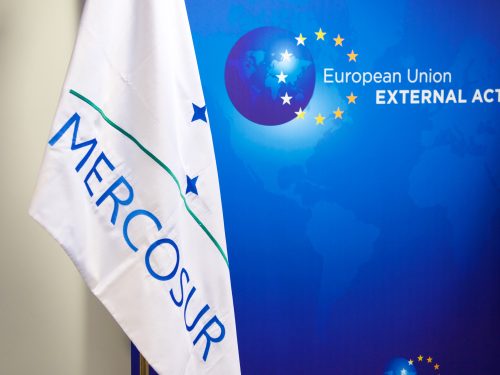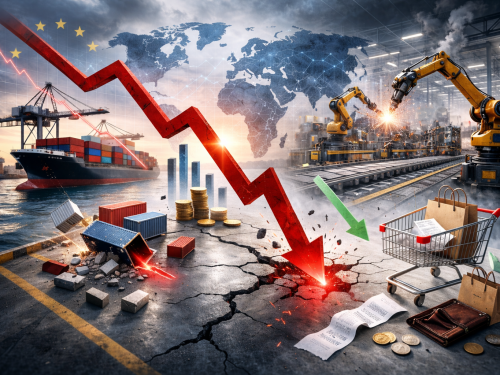News
Share on
"A journey to think about the new dynamics of globalisation, in this complex and uncertain geopolitical phase, which makes it more difficult to do business and be competitive in the markets. We need European policies and choices at national level that create a favourable environment for growth and investment'. On Friday afternoon, Riccardo Di Stefano, president of the Young Entrepreneurs, will open the 38th Capri conference 'Currents. Challenges, contradictions, opportunities': a look at the global context to glide over the country's economy, just a few days before the launch of the budget law.
"It is a phase of great uncertainty and attention to public accounts. Now the Hamas attack on Israel aggravates the scenario, in addition to the humanitarian implications, it risks having a negative impact on energy costs. We hope that an escalation can be avoided,' Di Stefano commented. 'In this context we certainly need reasonableness given our high public debt. But it is necessary to push investment, so that companies can innovate and compete, which is all the more necessary now that the ECB's interest rate policy is making access to credit more difficult. And to intervene on low-income families, to sustain purchasing power, by making the cut in the tax wedge structural'.
On the incoming third instalment of the NRP, the president of the under-40s recalled: 'Italy has always had difficulties in the effective utilisation of EU funds. However, albeit with some delay, the instalments are arriving and this means that we are moving in the right direction. The government has jumped on a runaway train and we recognise its correct approach in the change of governance and in having made the interventions more consistent with repower Eu and cohesion funds. Now, therefore, it is necessary to make up for lost time and speed up spending procedures. In any case, the NRP remains a formidable opportunity for growth and development, both for the financial envelope but above all for the structural reforms with which Italy has committed itself to becoming more efficient and inclusive'.
According to Di Stefano, we are facing a new phase of globalisation: 'After the shock of the pandemic, companies are reorganising their supply chains, shortening them. There are still many opportunities for our 'Made in Italy' products, I am thinking of the Far East, of countries such as Japan, Taiwan, Singapore and India, ports of extraordinary geopolitical, economic, demographic and technological power. Companies must be put in a position to compete, and we also need a European industrial policy to accompany the digital and green transitions. A common policy, not choices like the derogation of state aid that benefit countries with more fiscal space, like Germany. Their recession affects us too, our manufacturing is inextricably linked to that of Germany, Germany is our number one country in terms of exports. But as well as partners we are also competitors: in 2022 almost 50% of EU state aid went to Germany. The derogation policy penalises us and breaks the single market'
The natural outcome of the conference in Capri is the South and the tools to make it grow. "The single SEZ is fine, as long as the current industrial strategy is maintained and the resources are adequate, ensuring continuity to the existing incentive and simplification tools," said Riccardo Di Stefano. "It is essential that the Development and Cohesion Fund support investments. Attention must be paid to differentiated autonomy: it must not penalise the southern regions, increasing the gaps. The South must be put in a position to grow, especially since the Mediterranean has acquired a new centrality. The growth of the entire country depends on the South'.




